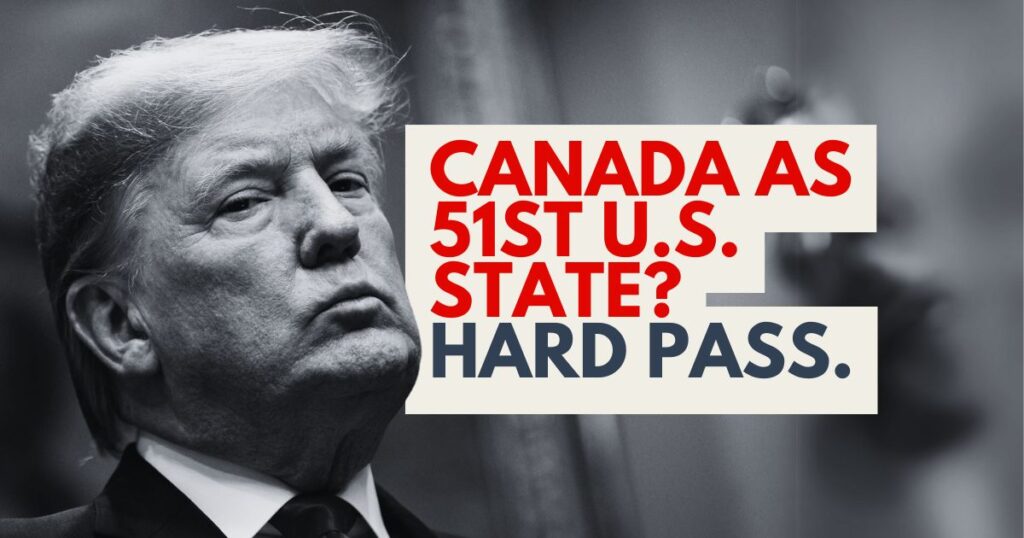
Introduction
The relationship between Canada and the United States has always been significant, impacting trade, security, and cultural exchanges. Under the presidency of Donald Trump, this relationship faced unique challenges and transformations. As Trump’s policies and rhetoric signified a drastic departure from traditional diplomacy, understanding this period is crucial for comprehending current U.S.-Canada ties.
Trade Agreements and Tensions
One of the most consequential aspects of Trump’s presidency for Canada was his approach to trade. In 2017, Trump expressed his dissatisfaction with the North American Free Trade Agreement (NAFTA), which he claimed favored Canada and Mexico over the U.S. This led to a tough renegotiation process, culminating in the United States-Mexico-Canada Agreement (USMCA) in 2018. The new agreement aimed to address issues regarding dairy tariffs, labor, and environmental standards, yet its implementation has continued to face scrutiny from Canadian officials concerning tariffs on Canadian aluminum and steel.
Immigration and Border Security
Trump’s strict immigration policies also had a notable impact on Canada. The president frequently criticized Canada’s immigration system, asserting that it was too lenient. The controversy surrounding the construction of a wall along the U.S.-Mexico border sparked concerns in Canada about potential increases in asylum seekers crossing into Canadian territory. In 2017, Canada witnessed a surge in border crossings due to fears immigrants had about Trump’s policies, prompting the Canadian government to enhance border security and resources for processing asylum applications.
COVID-19 Pandemic and Cooperation
As the COVID-19 pandemic unfolded, Trump’s administration and the Canadian government navigated the crisis with a unique collaboration, especially concerning border restrictions. Despite initial tensions, both countries recognized the need for public health measures and coordinated responses to ensure the safety of their citizens. However, Trump’s focus on rapid vaccine deployment and development sometimes clashed with Canada’s strategic planning, leading to discussions on supply chain dependencies.
Conclusion
Donald Trump’s presidency significantly altered the landscape of Canada-U.S. relations, leading to both challenges and areas of cooperation. With the Biden administration now in power, Canada faces the task of rebuilding and re-establishing connections that were strained during Trump’s term. As international dynamics evolve, understanding the implications of the past will be vital in forging a prosperous future. The legacy of Trump’s presidency continues to influence diplomatic conversations, and exploring these impacts is essential for both Canadian policymakers and the public.



